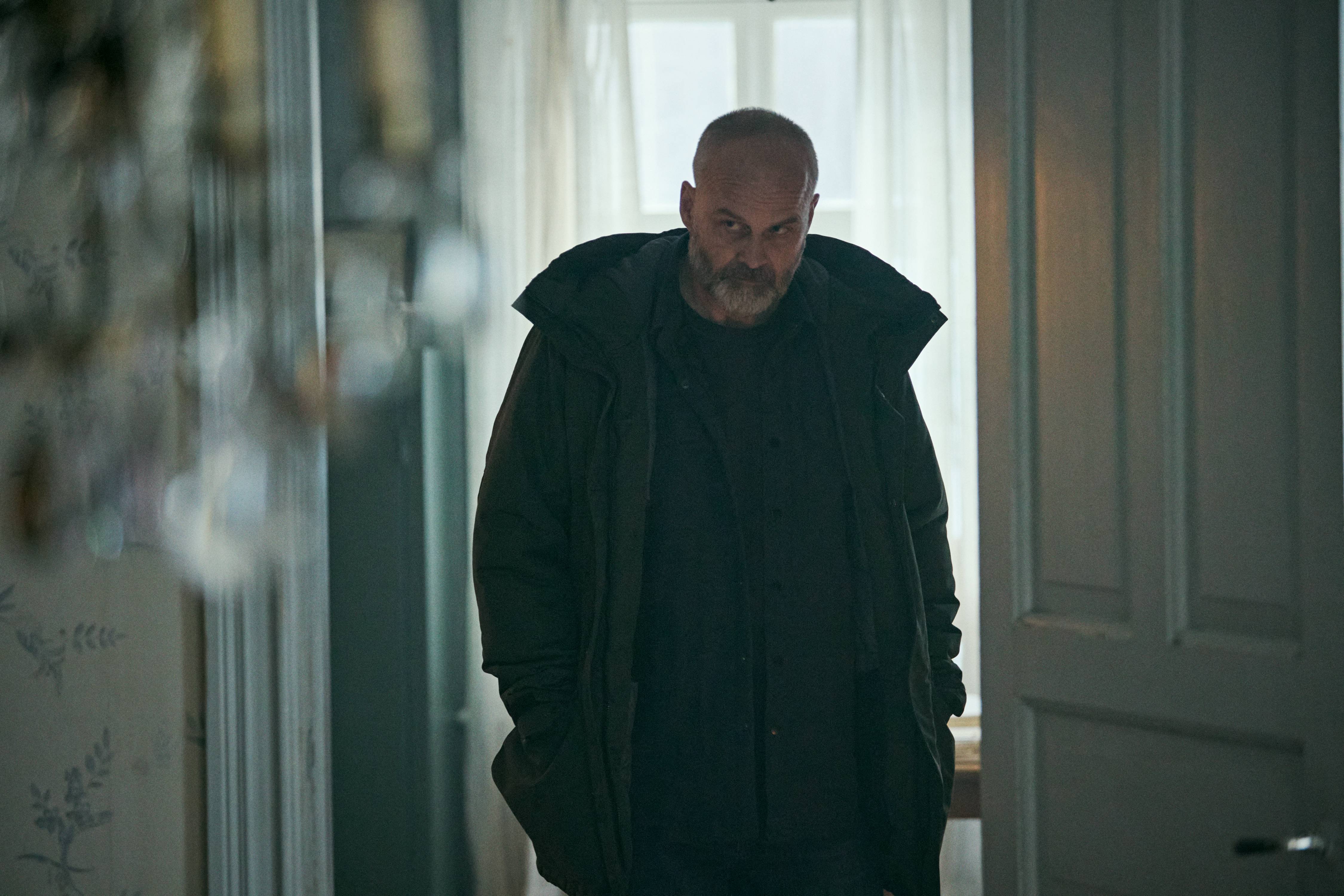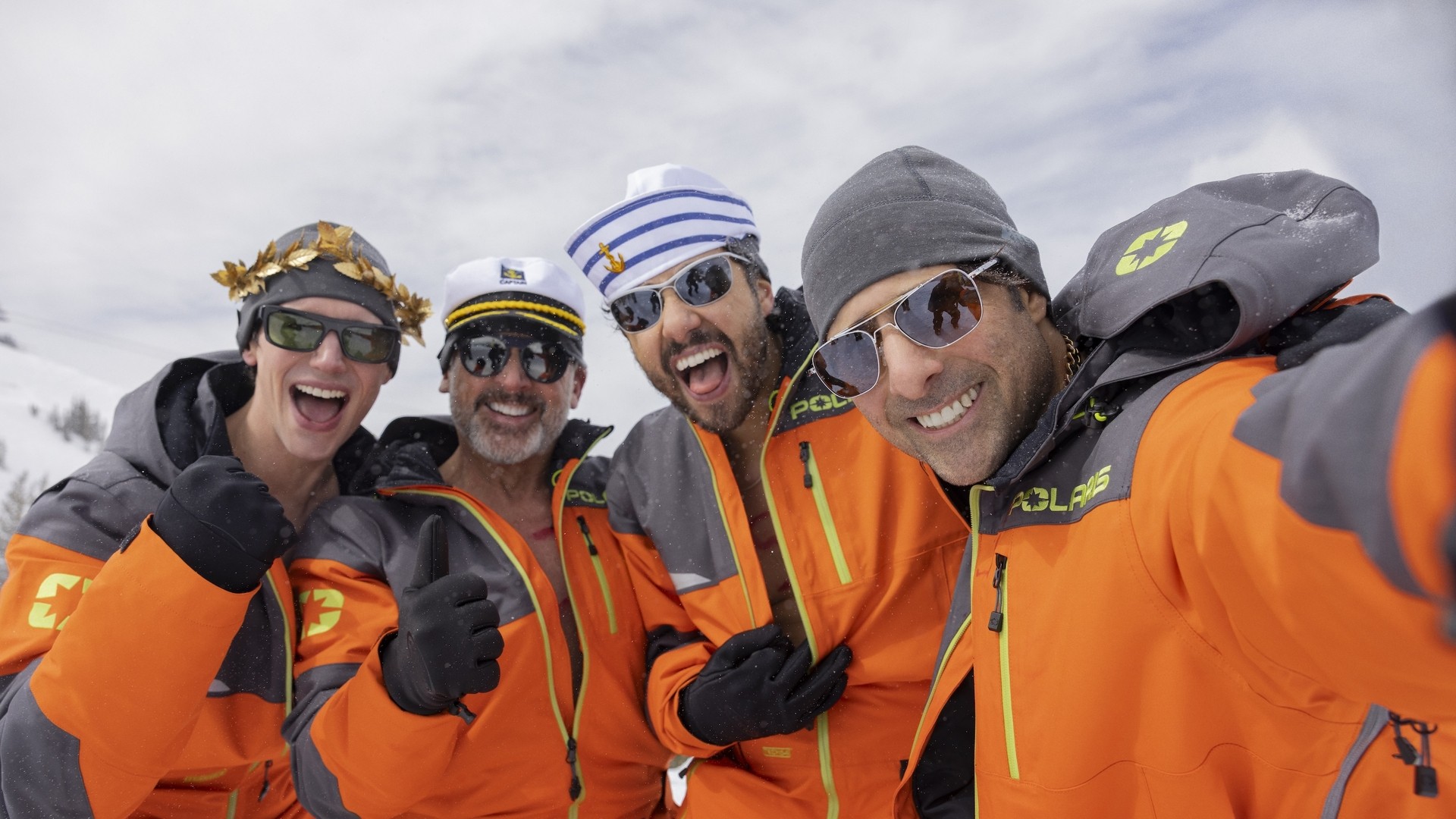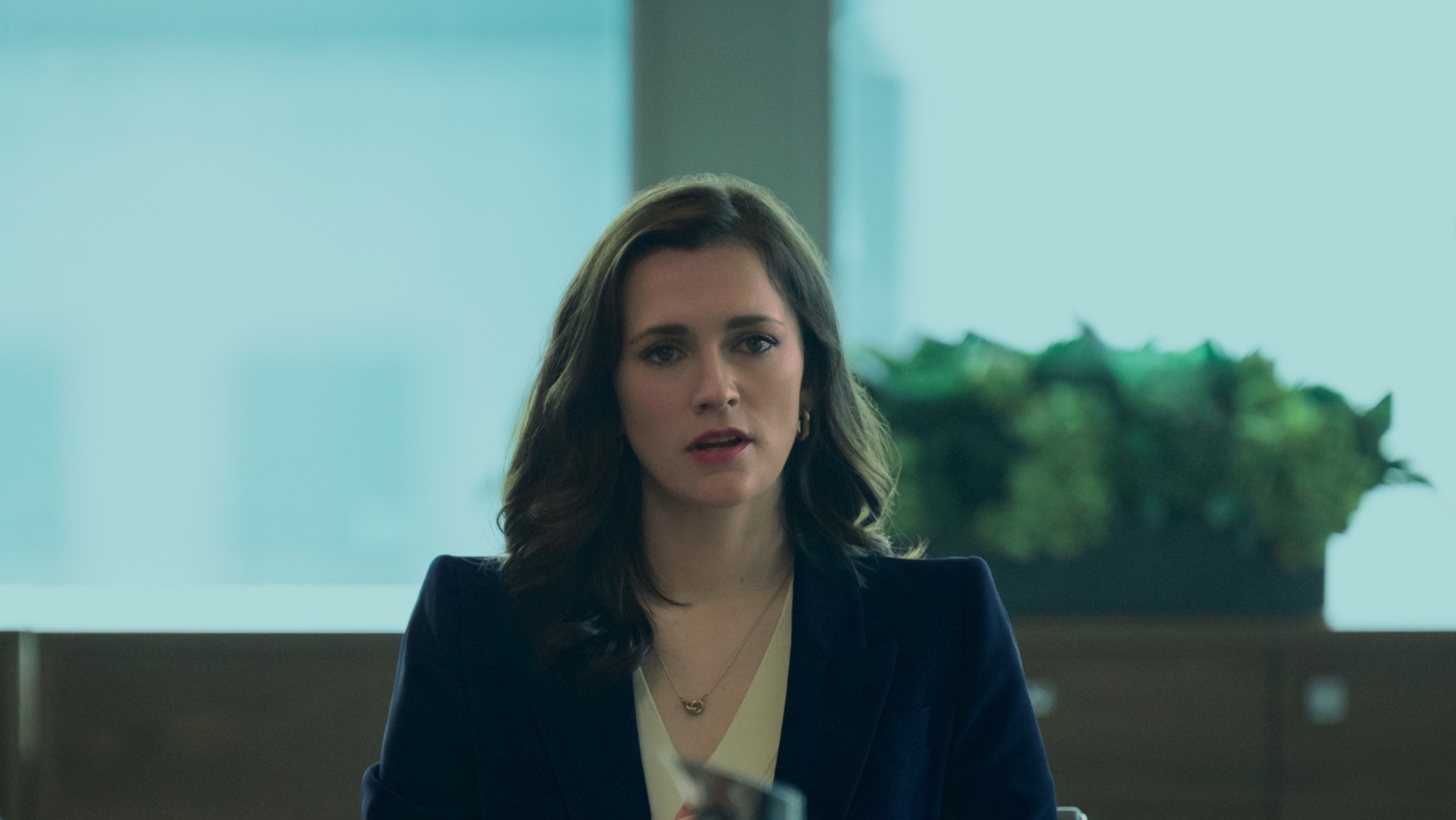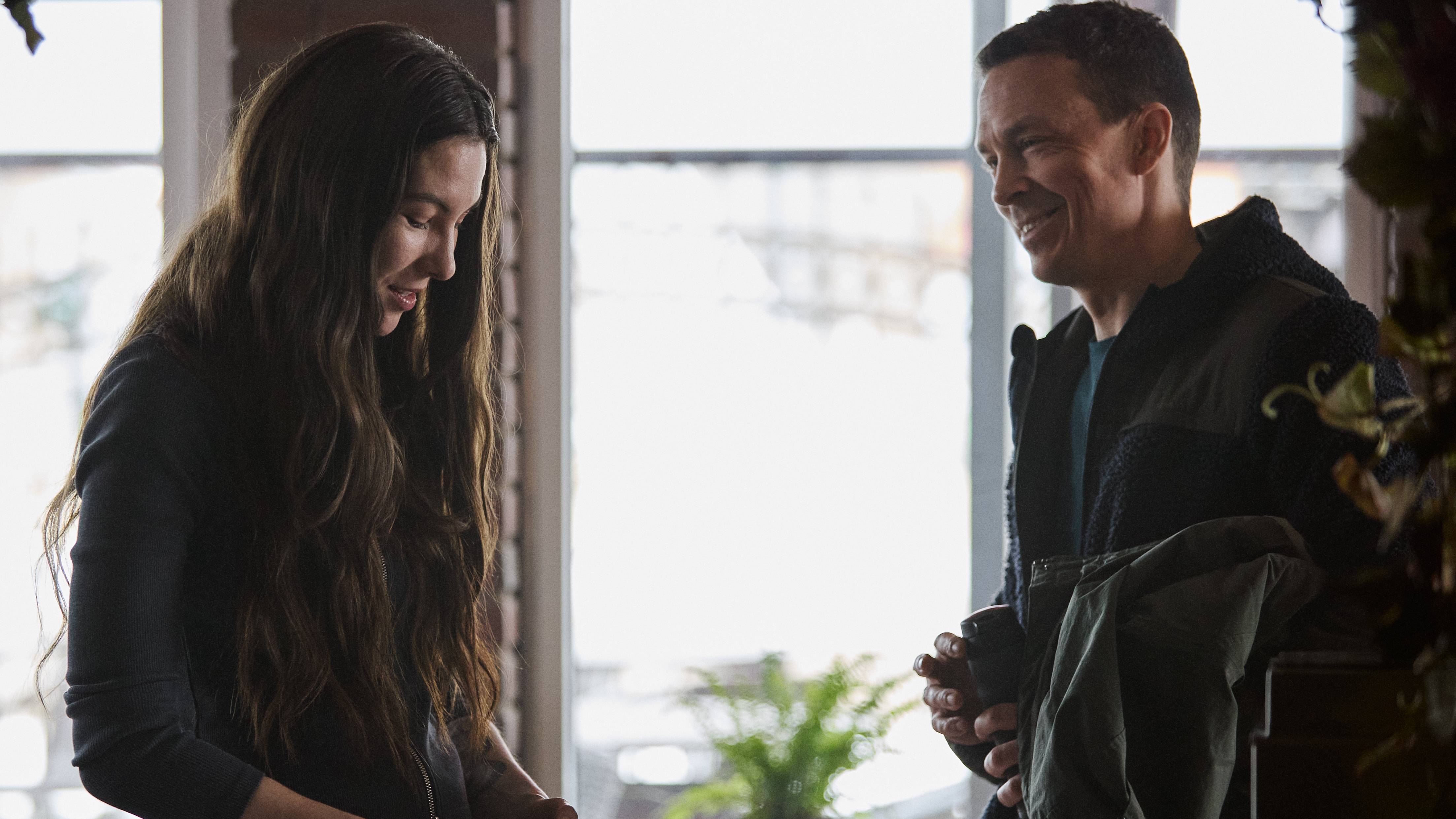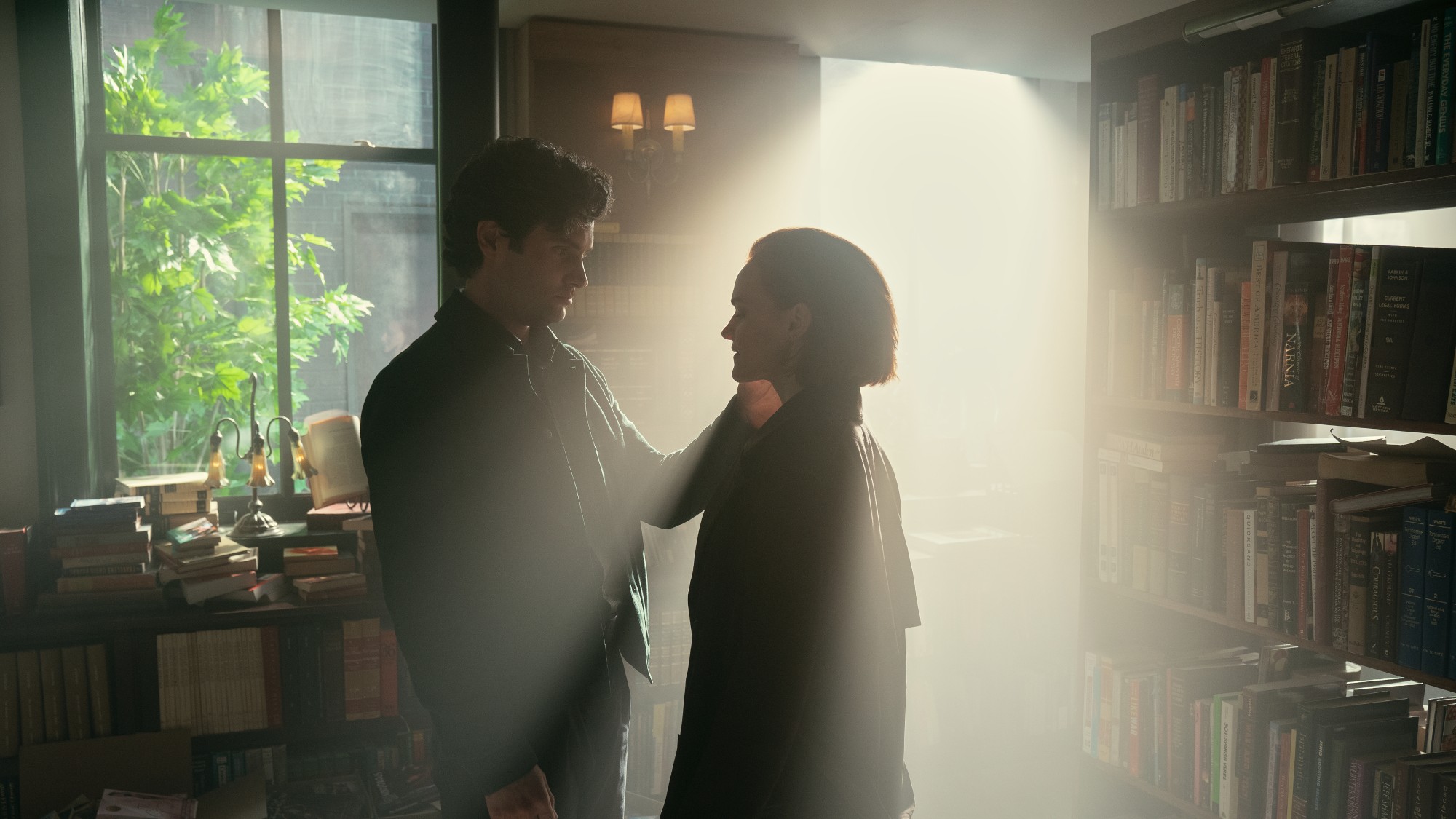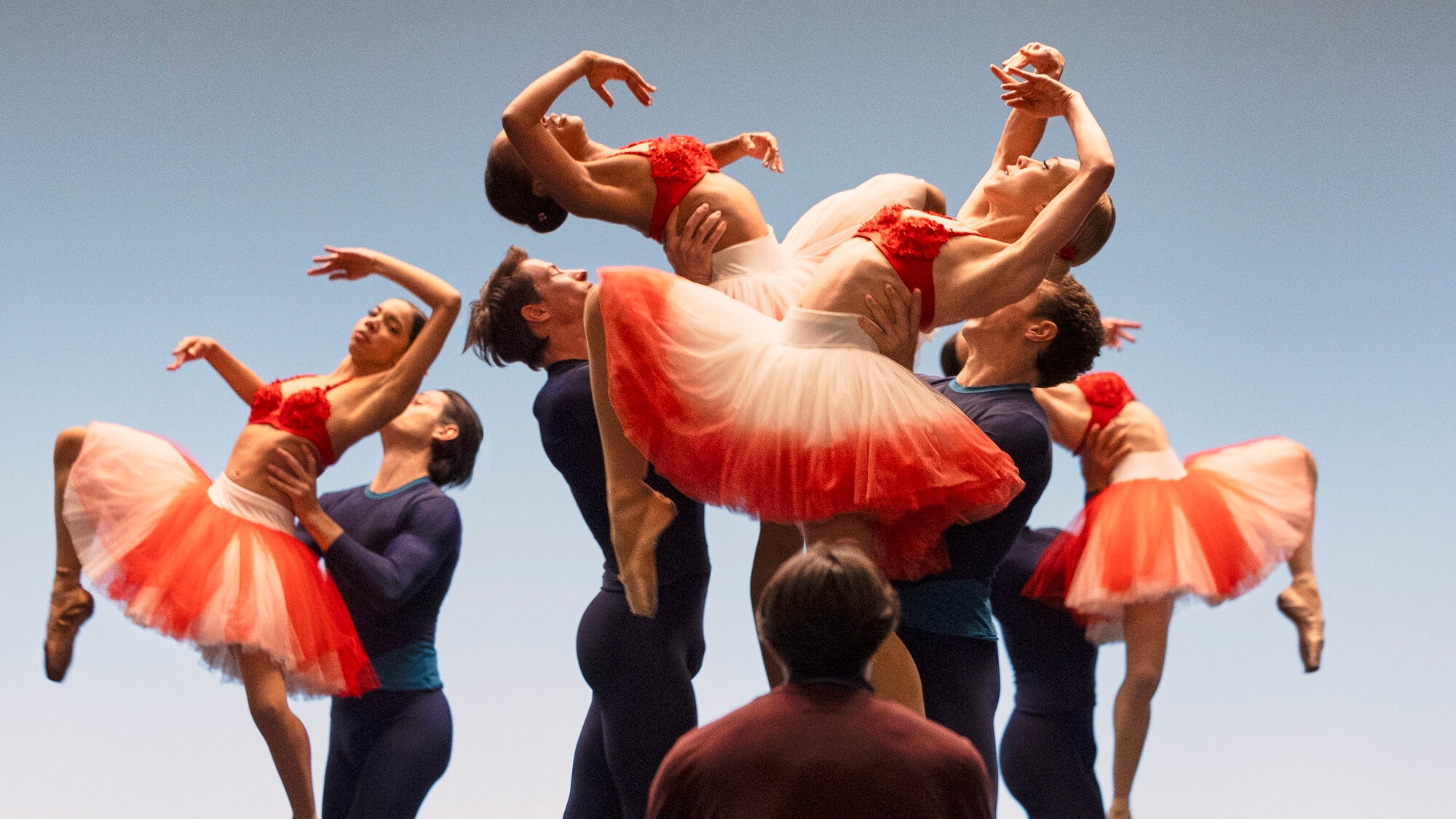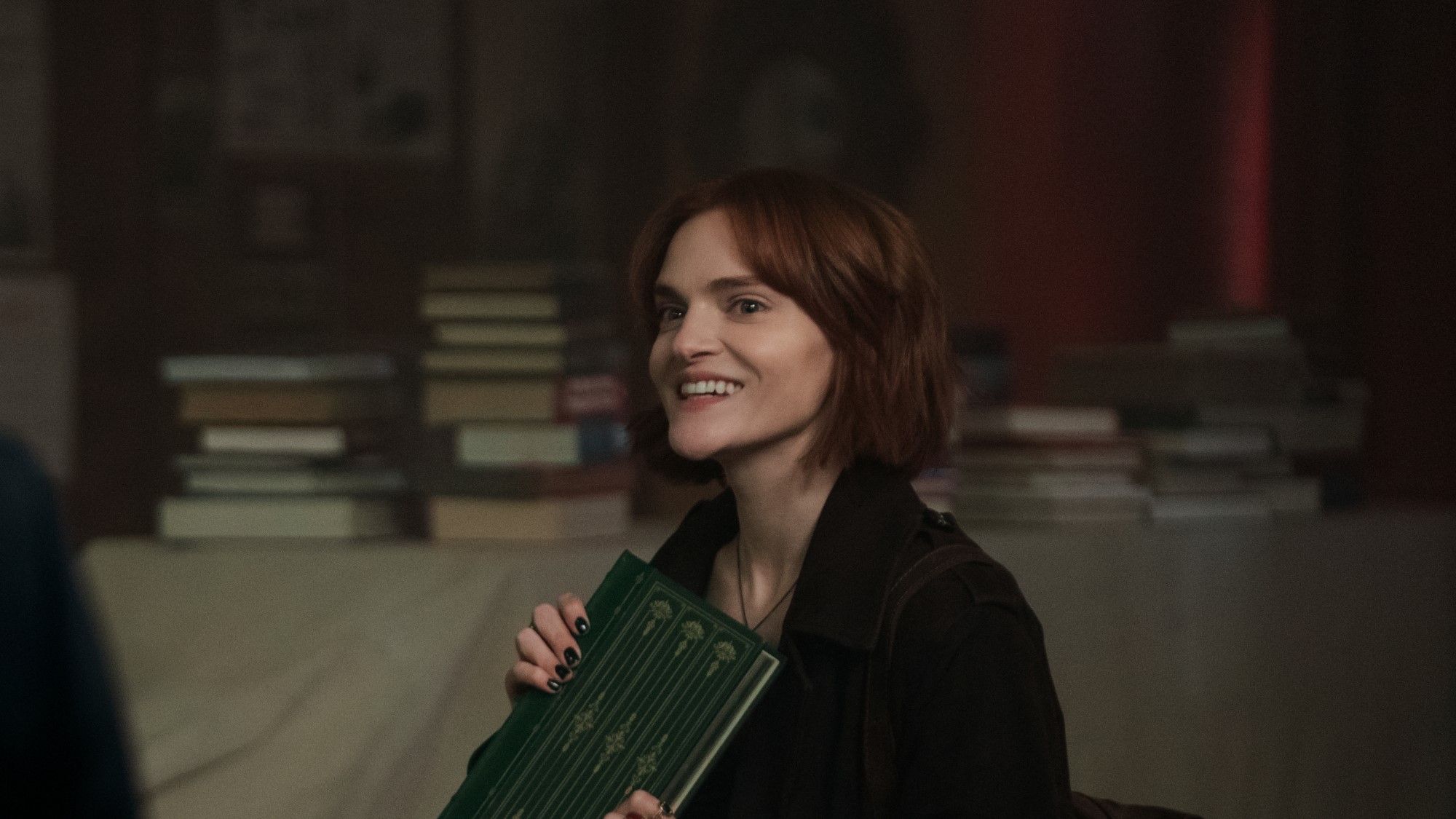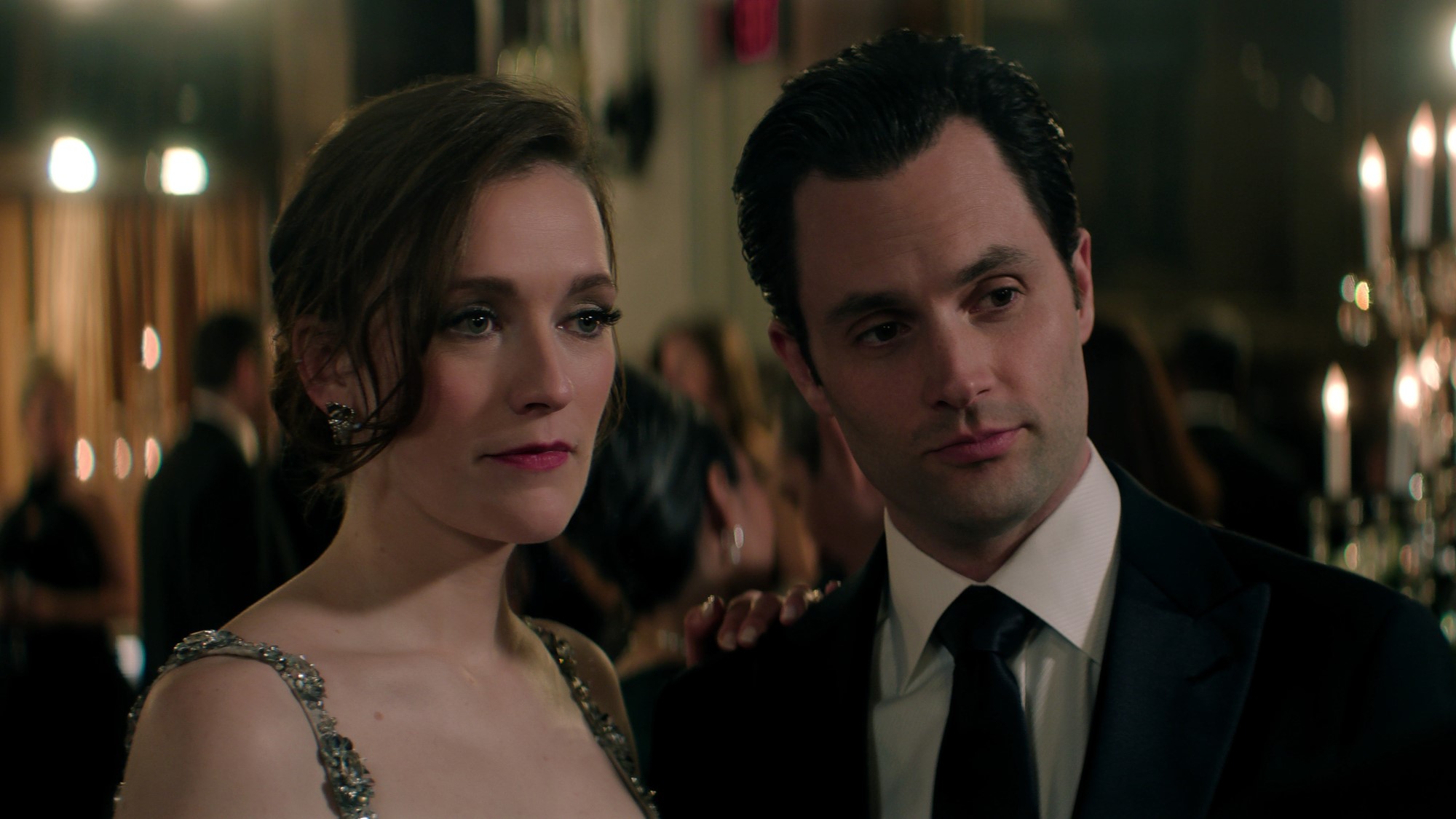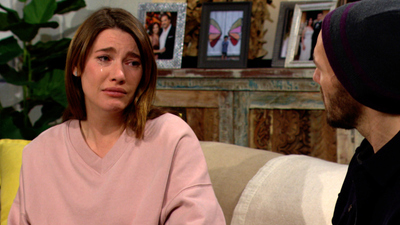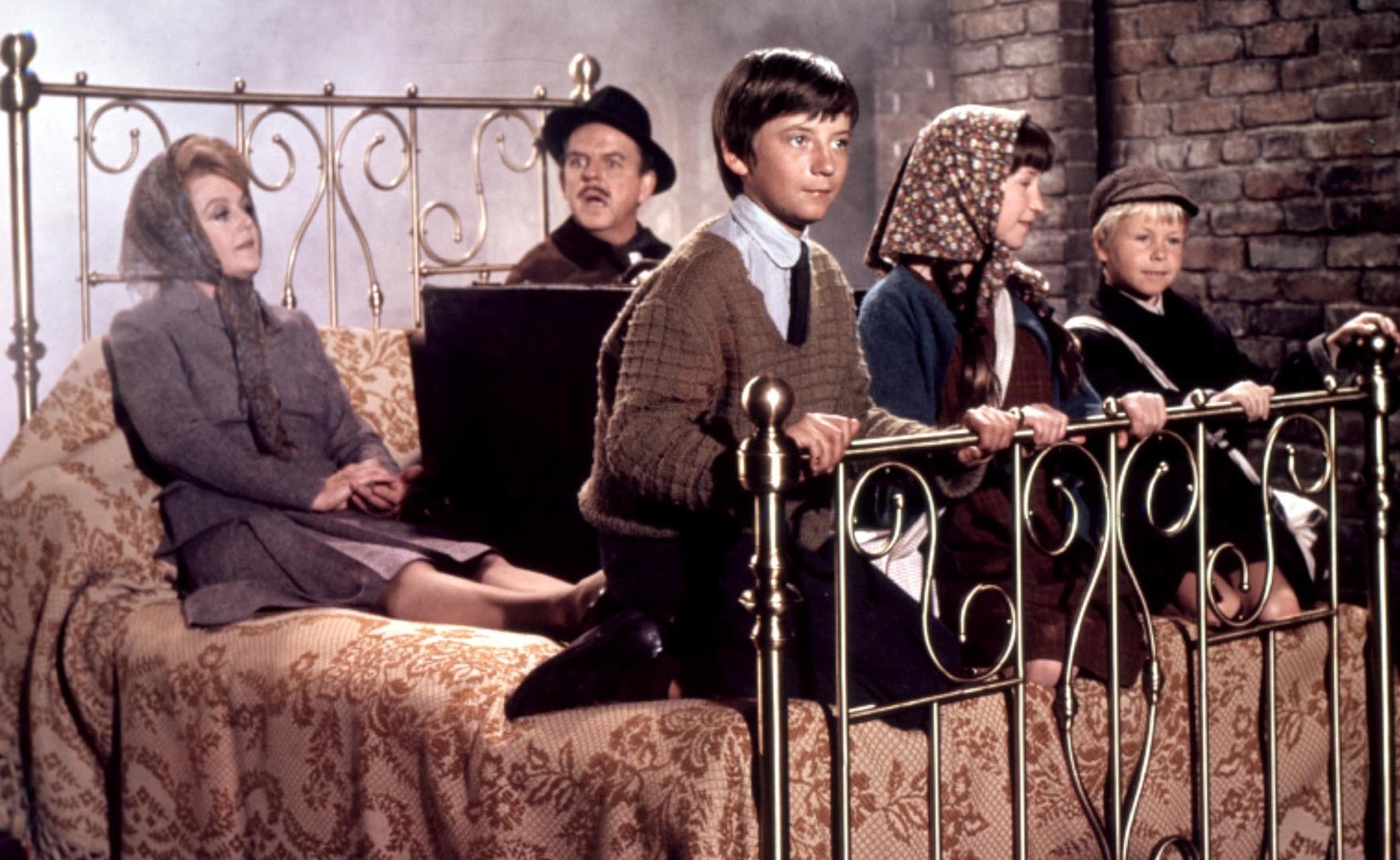Why have dating shows gotten so weird all of a sudden?!
The trailer for Netflix's Sexy Beasts was another reminder of how effing weird dating shows are.
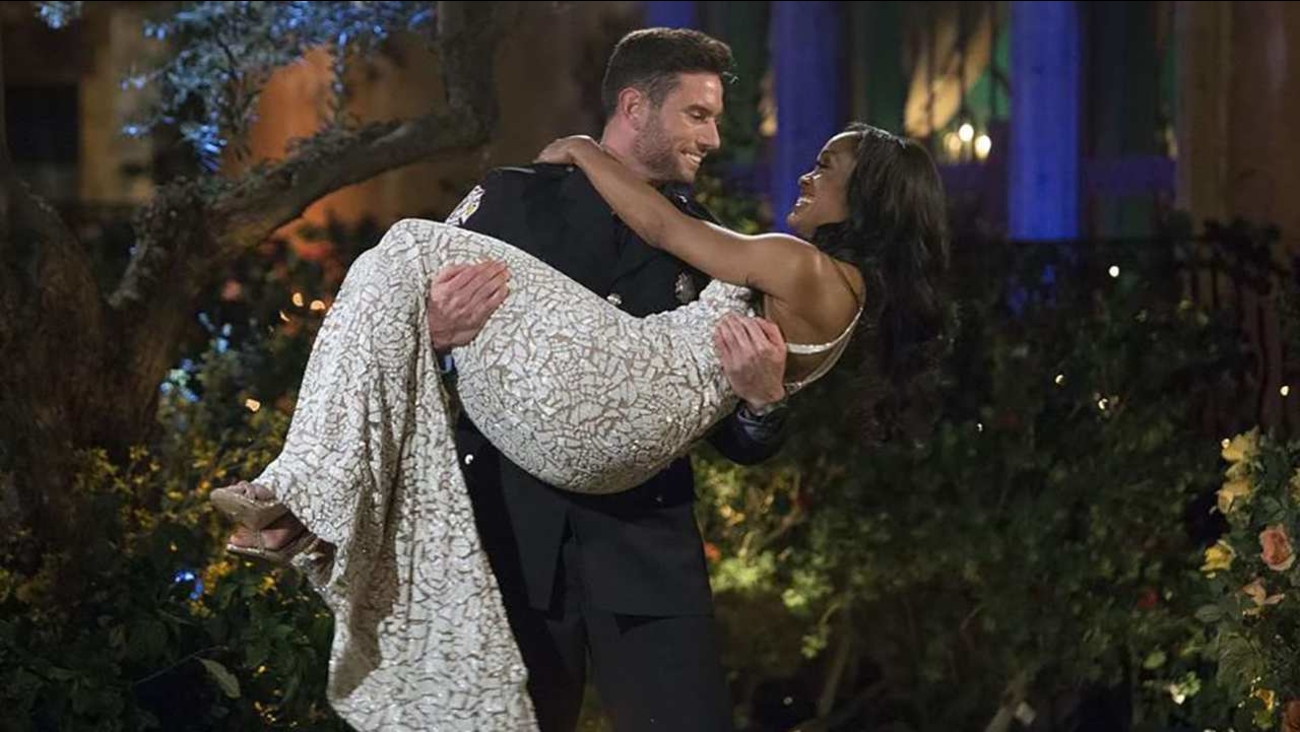
Have you seen the trailer for Sexy Beasts yet? When Netflix unveiled their latest addition to the already over-saturated field of gimmicky dating shows, even the most hardened cynic took notice. How could you not pay attention to a series with a concept as hilariously unnerving as this one? To prove the age-old ethos that beauty is only skin deep, the contestants of Sexy Beasts agreed to be slathered in admittedly well-done prosthetics to disguise themselves as different kind of animals. That way, they would have no choice but to rely on their personalities when charming their current date. Seems reasonable enough on paper but one has to wonder how you put aside aesthetics when the person in front of you looks like they’ve fallen from the pages of The Island of Doctor Moreau. One contestant is disguised as a dolphin and looking into the blowhole of this individual made me fear God for the first time in my life. Frankly, if one is able to find their soulmate after spending potentially weeks with them while they’re dressed like a depressed mouse-lady like a live-action adaptation of BoJack Horseman then they may have superhuman abilities. Dating shows have always been a weird concept for mainstream entertainment, but seldom has the genre felt so deliberately bonkers as it does this decade.
Dating game shows and their various iterations have been a staple of the medium for decades. The format primarily originated from one of the first dating game shows, appropriately titled The Dating Game, in 1965. The set-up was simple: put a single person behind a screen and have them ask questions to three potential suitors who they can hear but not see, all while the audience cheers and woos on. Obviously, the objective wasn't to help people find love. The questions and answers were prepared ahead of time for maximum laughs and ridiculousness, and the double-entendres flew thick and fast, so to speak. The appeal was less in love itself than the theatrics of it. The Dating Game took all the awkwardness of basic human interaction and made it into a well-oiled machine of jokes and gimmicky commodifying. In that aspect, every dating show that followed over the interim 55 or so years is playing from the same handbook.
As reality TV became popular in the late 1990s and early 2000s, dating shows took on the basic tenets of series like Big Brother, playing up drama over the relatively low-key comedy of something like The Dating Game. The Bachelor and Bachelorette franchises paved the way for the genre's new default mode. This series was glossy, impeccably choreographed, and almost giddy in its machinations. There were heroes, villains, catfights, and genuine stakes, with the finale almost always ending in a proposal of marriage (that, the vast majority of the time, is called off about two months after filming ends, but the point still stands.) Shows like The Bachelor and its myriad rip-offs (think Joe Millionaire, Temptation Island, and celebrity versions like Flavor of Love and Rock of Love) were mercenary in practice and often very callous in their approach to basic human interactions. Contestants were less people and more characters, usually willingly along for the ride with the series being a launching pad towards fame rather than a real chance at romance. Audiences are more sophisticated when it comes to the semi-scripted reality genre, and they’ve accepted this as part of the fun. If two people find one another and live happily ever after then that’s all well and good but it’s not why millions of people tune in every week to something like The Bachelor. This is a descent into the hyper-real.
Truthfully, there are only so many ways you can make the basic act of humans trying to get to know one another narratively thrilling, at least in terms of reality TV. Scenes of a Marriage, these are not. The British dating show First Dates has found success with a gentler approach to the genre, allowing two people the room to breathe and find their natural rhythms in a date-like scenario, but it’s an exception to the current rule. It’s also one of the rare dating shows to not be entirely dictated by whiteness and heteronormativity. Such series cannot help but seem archaic in the modern day, yet almost every iteration of this formula sticks to pretty white straight people, with anyone who doesn’t fit into that stifling mould reduced to being the villain or the laughing stock.
As audiences and networks became more self-aware about the fake process of dating shows, the gimmicks became bigger and more surreal. Netflix has jumped onto this trend with aplomb thanks to shows like Love is Blind and Too Hot to Handle. The novelty appeal gets pushed to the forefront and everyone involved just agrees to leave common sense at the door. Other shows cloaked their trashy glory with the vaguest sheen of social experimentation, such as the unnervingly long-running Married at First Sight and its many international versions and spin-offs. On that series, “experts” pair up two strangers who see one another for the very first time at the altar, then it follows them as they try to decide whether or not to stay together for real. Whether or not you buy the supposed earnestness or social value of this set-up, it’s tough to overlook the very real emotions at play and the discomfort of turning such a thing into a spectator sport. How much does altruism dictate the decisions made on Married at First Sight when the network cares about ratings first and foremost? It seems clear, especially in later seasons, that producers settled on bad matches with often repulsive individuals to mine the inevitable clashes for as much clickbait-ready material as possible.
Is it possible that there is a drop of earnestness beneath these theatrics? It’s not hard to find many devotees of Bachelor Nation willing to admit that they still believe the show can result in true love for its contestants. There are a small number of couples who have survived the carnage and gone on to marry and even have kids. It’s a one in a million chance and the odds are stacked against everyone involved, with or without the creepy make-up, but when it happens? How can you not be somewhat won over by it?
Mostly, however, dating shows endure because love endures, but maybe not as much as the intrinsic weirdness of humanity. For as long as people keep chasing love, there will always be a whole other group of folks ready to mine that basic desire for entertainment. Really, making someone do it while dressed like a dolphin is probably one of the least unusual options available.
Get the What to Watch Newsletter
The latest updates, reviews and unmissable series to watch and more!
Kayleigh is a pop culture writer and critic based in Dundee, Scotland. Her work can be found on Pajiba, IGN, Uproxx, RogerEbert.com, SlashFilm, and WhatToWatch, among other places. She's also the creator of the newsletter The Gossip Reading Club.

